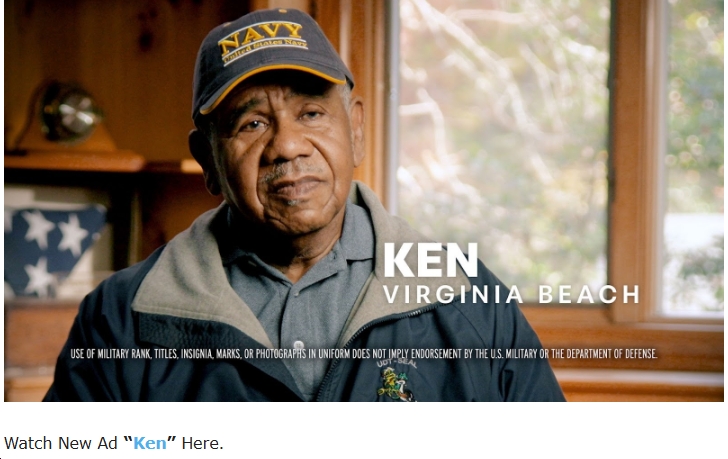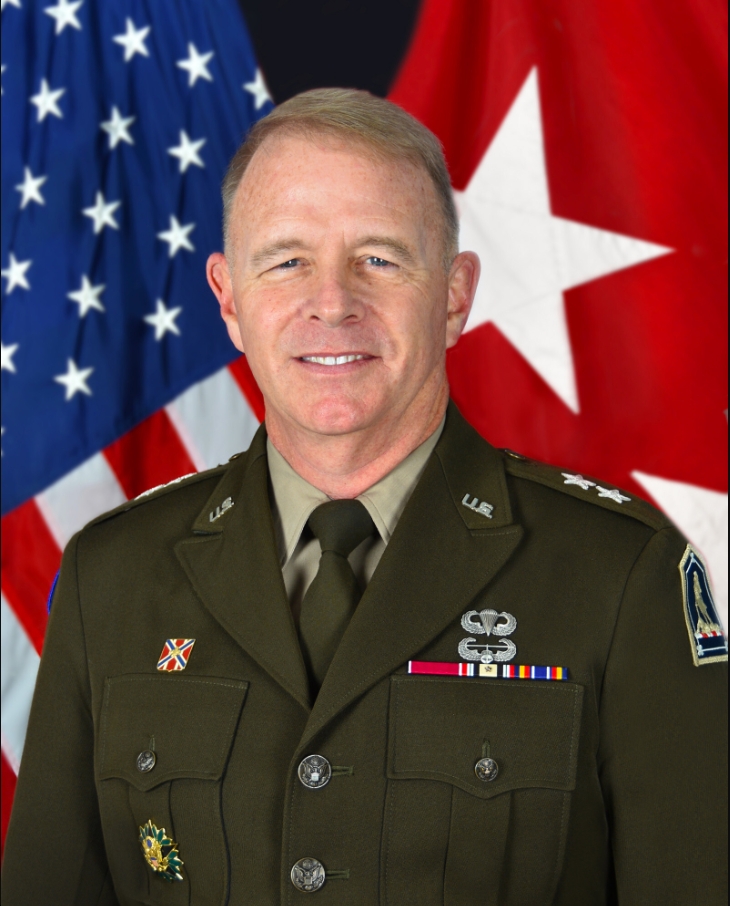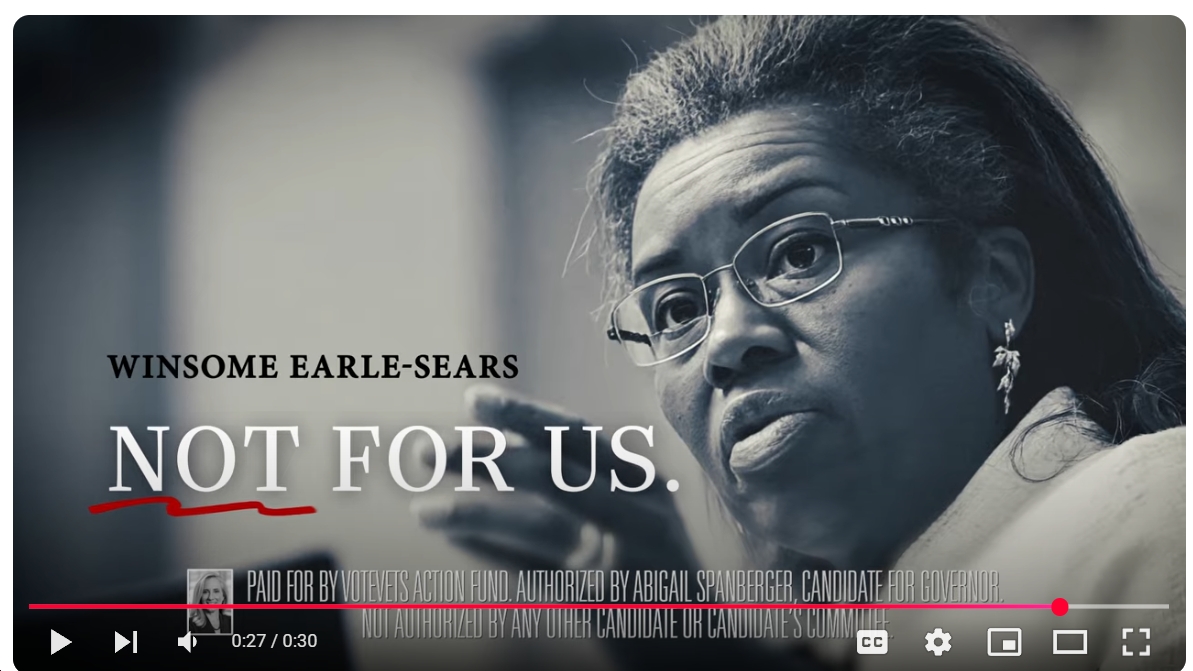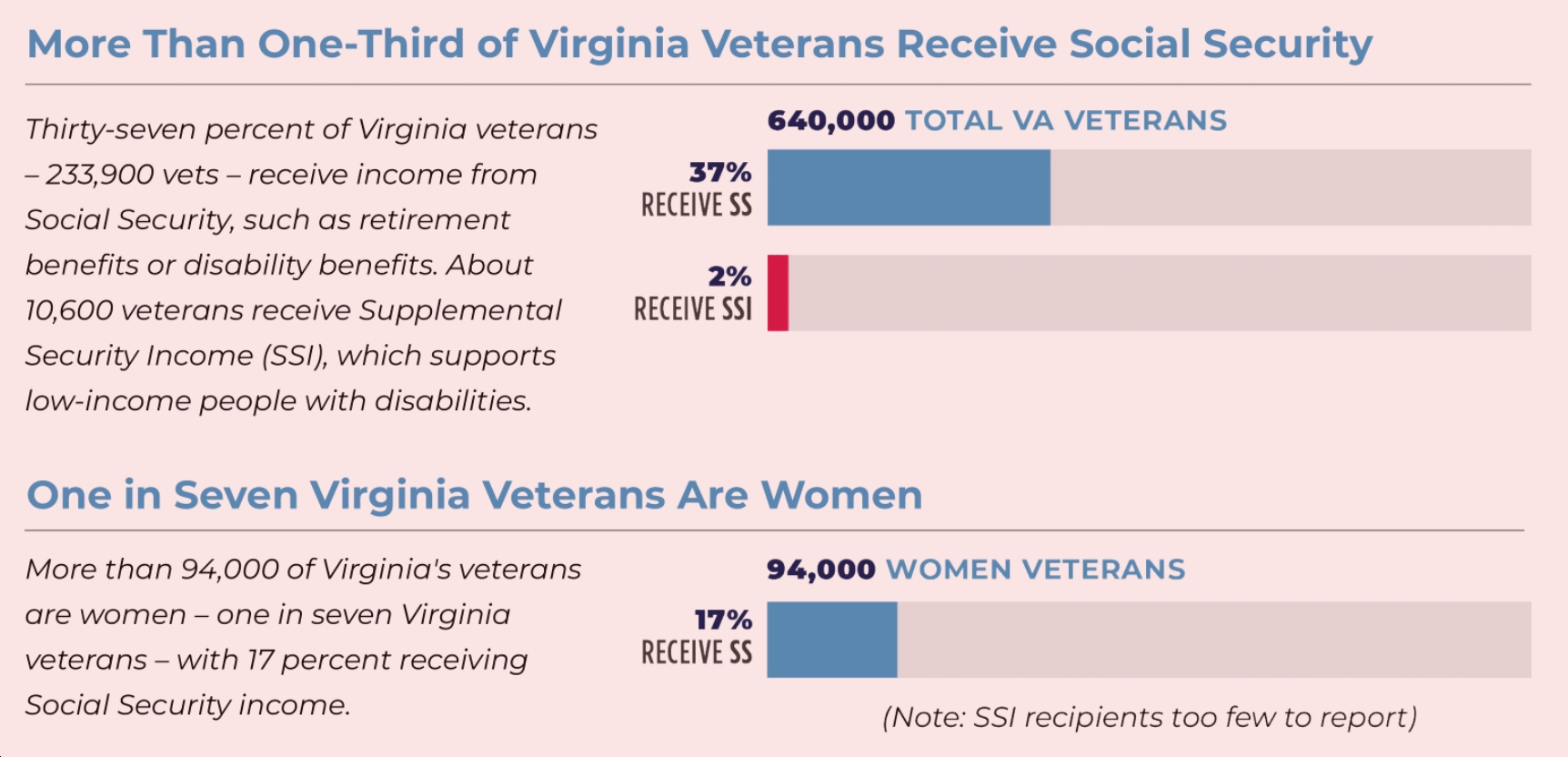Best-selling author Captain Luis Carlos Montalvan died this past Tuesday at the age of 43. He served for 17 years in the U.S. Army, including two tours in Iraq, for which he was awarded two bronze stars and a Purple Heart. Well before he retired from the Army in 2007, Captain Montalvan struggled with Post-Traumatic Stress Disorder (PTSD), and when he did return to civilian life, he was often unable to leave his apartment and began abusing alcohol to cope.
In 2008, he was paired up with a service dog, a golden retriever by the name of Tuesday. Tuesday would help Captain Montalvan wake up from nightmares, remind him to take his medication, and generally serve as a constant companion. Best of all, Tuesday would help Captain Montalvan deal with daily social interactions. Most everyone he met would instantly gravitate towards Tuesday, making it far easier on Captain Montalvan to converse and relate to people.
In January of 2009, Captain Montalvan met then Senator-elect Al Franken of Minnesota. They struck up a conversation, and inspired by Captain Montalvan’s experience with Tuesday, Senator Franken went to work developing legislation that could help veterans access service dogs. Throughout 2009, Captain Montalvan would come to Washington, DC to help lobby on the piece of legislation Senator Franken eventually introduced, the Service Dogs for Veterans Act. And in December—light speed by Congressional standards—the bill passed after being included in the final Defense budget for the year. Captain Montalvan went on to write the best-selling memoir “Until Tuesday” and had spent the last few years advocating on behalf of veterans and service dog organizations.
For my wife Casey and me, the news of Captain Montalvan’s passing comes as a huge blow. I was a junior staffer in the Franken office when Captain Montalvan visited, and I got to see the Service Dogs for Veterans Act make its way successfully through the legislative process. Much of the reason I’ve dedicated my career to public policy was from seeing firsthand how a committed public servant and a compelling advocate could team up to address a real problem and help make people’s lives better.
The connection to Captain Montalvan’s work goes further than that. I met my wife while working in the Senate, and completely independent of Captain Montalvan’s efforts, it turned out she was a regular donor to Puppies Behind Bars—the program that had trained Tuesday. Casey used to teach at San Quentin State Prison in California and has long fought for these kinds of programs that allow inmates to help improve lives outside their confines.
None of this is to say that Captain Montalvan’s story isn’t without blemishes. He may have embellished parts of his Army record. I will let others decide how much that really matters at the end of the day. For me, the beauty of service is that you don’t have to be perfect. You can be an entirely flawed human being—and at the same time—work with great moral clarity towards a higher goal. Just look at where Tuesday received his training to be a service dog—a program where people who committed significant crimes earn some measure of redemption through helping others.
More importantly, we are the ones who send these men and women—perfect or not—to war. We are the truly flawed ones. That there is any need of theirs that we don’t meet immediately and in full—it continuously shocks me. But that so many people volunteer their time and efforts to fill in those gaps—that’s what gives me hope that we will eventually fulfill our responsibilities to those who serve us.
For our part, Casey and I are going to reach out to our local legislators here in Virginia and see if there’s anything more we can be doing to link up service dogs to those who need them. And even though we do so every year, I would encourage a donation to Puppies Behind Bars. Drop me a line @DavidJonasVA if you want to discuss more.
I want to close here with a quote from Captain Montalvan, which is from a talk he gave at the Waterloo Public Library in Iowa in 2014:
“The worst thing imaginable is for people to lament, or worse, to drown in these things that happen in life and to not get help or not know of ways to swim to shore. Many are languishing or have friends who are suffering. It’s not only heartbreaking and tragic, it’s dishonorable. That’s the essence of why we travel so much and speak about and share ideas. I believe in the power of the individual and the collective.”

















